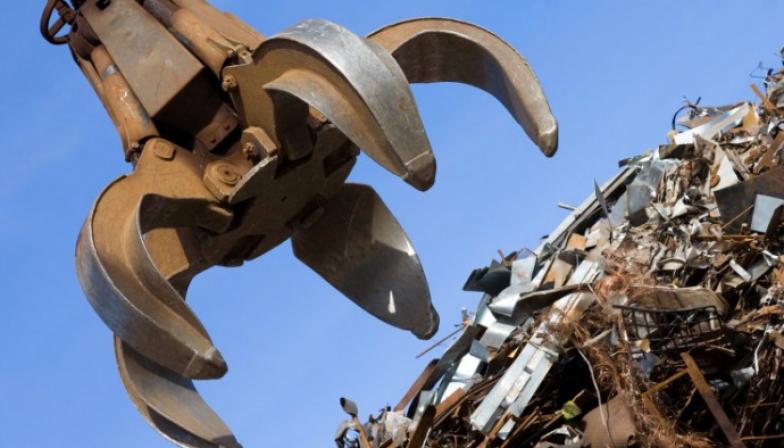Black types of scrap were always less valued, since the extraction of iron is carried out on a large scale and its reserves in the earth's crust are very large. Non -ferrous metals are of great value, it is not surprising that the intake of scrap has a different cost. It can fluctuate within some limits, but the value of individual categories always remains at a stable level. reception of scrap metal "Tutormet58" will partially return the money to manufacturers of metal structures and construction organizations.
The most valuable metals and alloys
In order to hand over the unclaimed metal for processing, it is necessary to at least sort it. If this is impossible, it will automatically be accepted at the lowest cost. Many production companies do not even suspect how much you can help out for their warehouse residues. So, the following metals can be distinguished the most valuable at the moment:
Titan also enters the group of the most valuable metals, which are happy to take for secondary processing. Their cost may decrease a little if they have visible pollution or interspersed of other metals, polymers. But, in general, you can really earn on these metals.
Valuable types of alloysdifferent alloys of non -ferrous metals are also appreciated by acceptance of secondary resources. It is much easier for manufacturers to melt existing blanks than to create the necessary alloy from individual metals. The following alloys can be safely attributed to the reception:
- bronze in the form of shut -off valves and parts of mechanisms;
- Brass is also valued as an alloy of non -ferrous metals;
- Duralum is submitted and accepted for recyclable;
- Melchior, mainly old, worn cutlery.
The intake of non -ferrous and ferrous metals takes almost any type of scrap metal for the next swimming. The only exception is railway components without documents and elements of urban infrastructure. These products can be accepted for remelting only from the relevant state bodies. Otherwise, recycling will refuse to take non -secondary processing even strongly worn and spoiled things without documentation.



